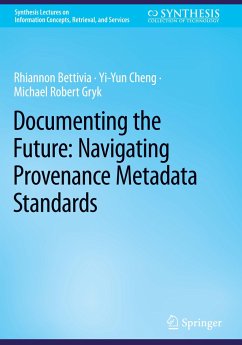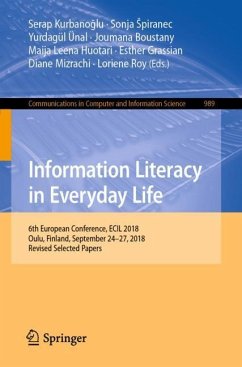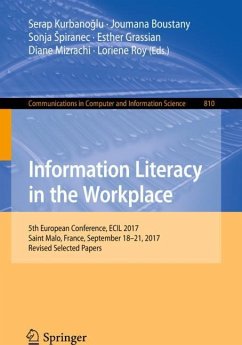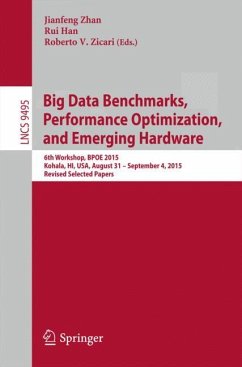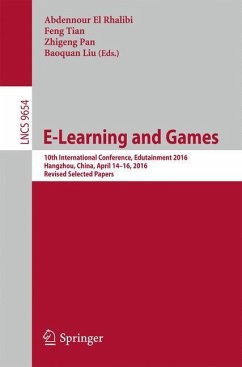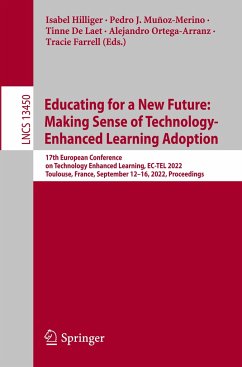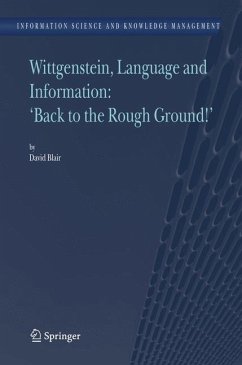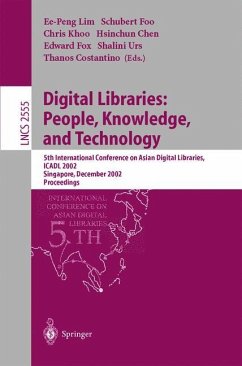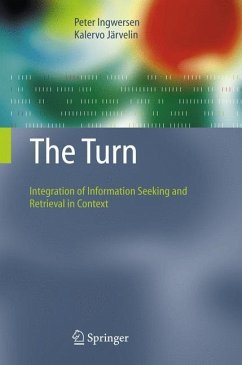
Documenting the Future: Navigating Provenance Metadata Standards
Versandkostenfrei!
Versandfertig in 6-10 Tagen
34,99 €
inkl. MwSt.
Weitere Ausgaben:

PAYBACK Punkte
17 °P sammeln!
This book explores provenance, the study and documentation of how things come to be. Traditionally defined as the origins, source, or ownership of an artifact, provenance today is not limited to historical domains. It can be used to describe what did happen (retrospective provenance), what could happen (subjunctive provenance), or what will happen (prospective provenance). Provenance information is ubiquitous and abundant; for example, a wine label that details the winery, type of grape, and country of origin tells a provenance story that determines the value of the bottle. This book presents ...
This book explores provenance, the study and documentation of how things come to be. Traditionally defined as the origins, source, or ownership of an artifact, provenance today is not limited to historical domains. It can be used to describe what did happen (retrospective provenance), what could happen (subjunctive provenance), or what will happen (prospective provenance). Provenance information is ubiquitous and abundant; for example, a wine label that details the winery, type of grape, and country of origin tells a provenance story that determines the value of the bottle. This book presents select standards used in organizing provenance information and provides concrete examples on how to implement them. Provenance transcends disciplines, and this book is intended for anyone who is interested in documenting workflows and recipes. The goal is to empower readers to frame and answer provenance questions for their own work. Provenance is increasingly important in computational workflows and e-sciences and addresses the need for a practical introduction to provenance documentation with simple-to-use multi-disciplinary examples and activities. Case studies and examples address the creation of basic records using a variety of provenance metadata models, and the differences between PROV, ProvONE, and PREMIS are discussed. Readers will gain an understanding of the uses of provenance metadata in different domains and sectors in order to make informed decisions on their use. Documenting provenance can be a daunting challenge, and with clear examples and explanations, the task will be less intimidating to explore provenance needs.



